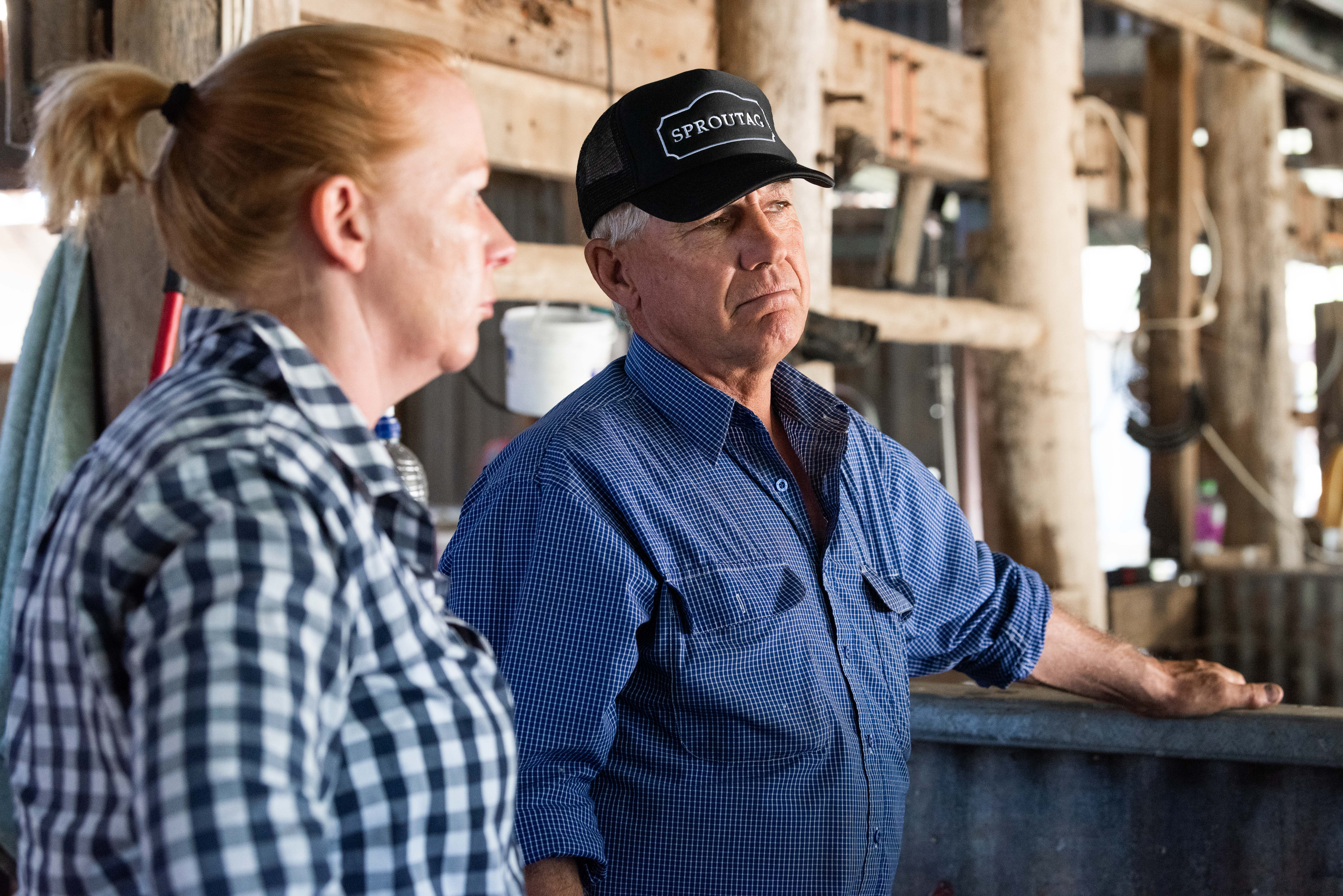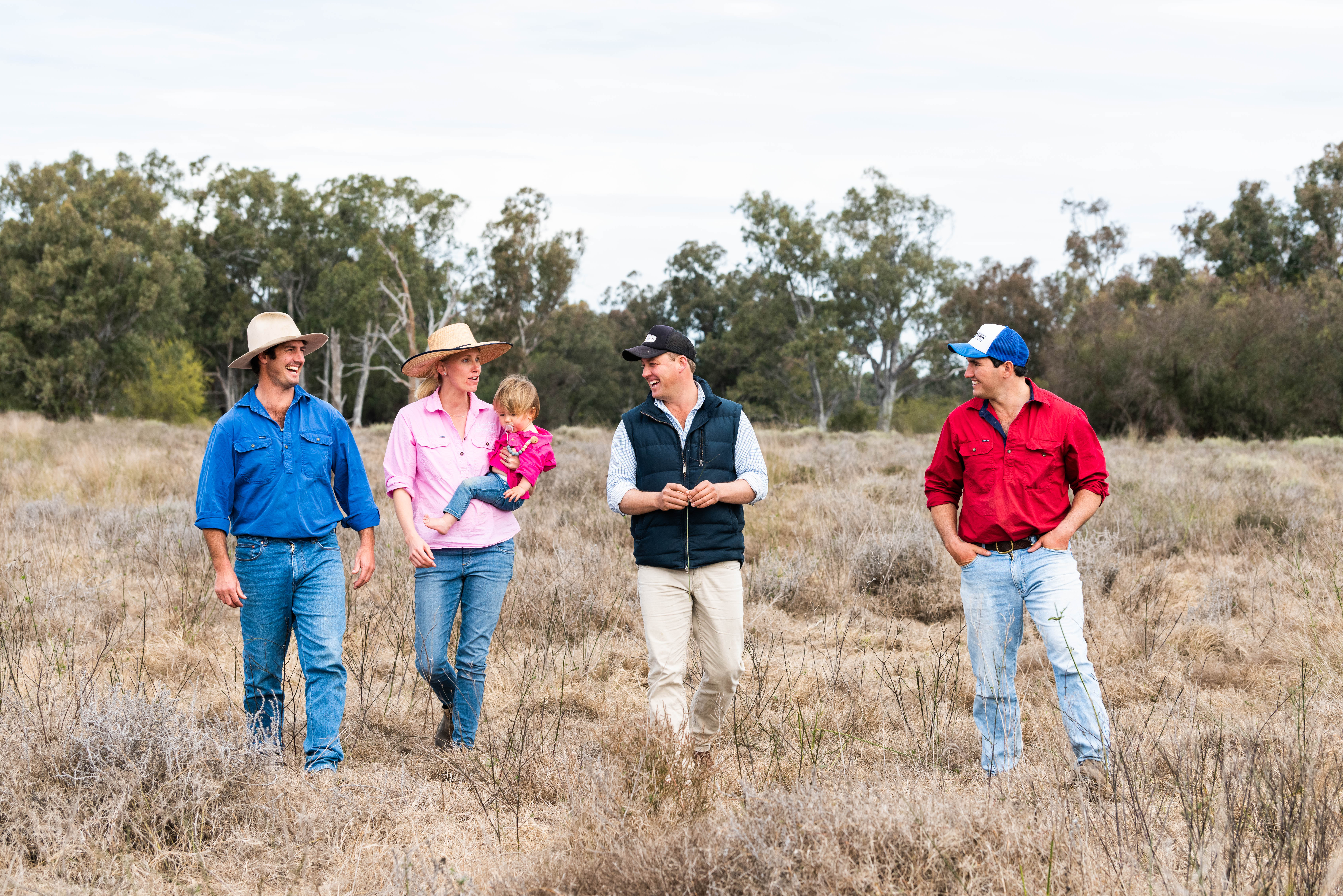At Sprout AG, we tender out between $600-800 million annually in agribusiness debt, positioning us as one of Australia’s largest independent advisors in the agribusiness finance sector. This extensive involvement provides us with unique insights into the agribusiness finance market, allowing us to identify key trends and help our clients make informed decisions.
Current Observations in the Agrifinance Marketplace
The Agrifinance market is dynamic, with several notable developments:
- One major bank has essentially stopped taking on new agricultural clients.
- Another major bank is undergoing its largest restructuring in history, resulting in clients receiving new points of contact.
- A regional bank with a long agribusiness history is being sold.
- Two new regional banks have become more competitive than ever.
- A large livestock finance funder is also being sold.
- Interest rates, driven by the RBA, have varied significantly between banks, leading to substantial cost differences for farming businesses.
Interest Rates and Client Costs
We advise our clients to anticipate potential rate increases for cash flow planning. While rate hikes are not certain, incorporating higher rates into budgets is a prudent risk management strategy. The general consensus is that interest rates will hover around current levels for the next twelve months, with minimal fluctuations either way.
There are two prevailing views on future rate movements:
- Further increases may be necessary to align with global peers like England, Canada, and New Zealand.
- Inflation control may suggest that the next rate change could be a decrease.
Regardless of these possibilities, businesses should prepare for slightly higher rates and adjust investments accordingly.
Service Levels and Digitalization
Despite overall industry growth, we observe a trend towards digital services and reduced face-to-face interactions. Agribusiness is unique, and understanding each financial statement’s story requires ag managers to engage directly on the farm.
Changing Suppliers and Client Placement
Our independent bank tender service involves preparing client information professionally and presenting it to the open market. This competitive process allows clients to choose their preferred bank or financier. We have noted a significant shift from major banks to regional players among our clients.
General Industry Trends
Our client base primarily consists of mixed farmers (sheep, cattle, wheat, barley, cotton). Cotton clients have reported satisfactory results, and dryland cropping programs have had a promising start this year. However, clients who purchased properties recently and focus on sheep enterprises are feeling the impact of higher interest rates and lower commodity prices for sheep and wool. These clients are restructuring to ensure their financing is fit for purpose, often converting to interest-only loans.
Three Tips for Procuring Your Ag Debt
- Prepare Early: Start the process at least twelve months in advance.
- Professional Preparation: Ensure your information is well-prepared and presented to make the best impression.
- Thorough Process: Don’t just ask your existing provider for minor adjustments; engage in a comprehensive tender process.
For more information or assistance, please contact your local Sprout Agribusiness advisor.
Summary
We recommend tendering your banking business at least every three years. While this isn’t always about the best rates, it can have a significant financial impact, particularly for clients with over $2 million in debt.
At Sprout AG, we are committed to helping you navigate the complexities of agribusiness finance, ensuring you make the best decisions for your business’s future.










